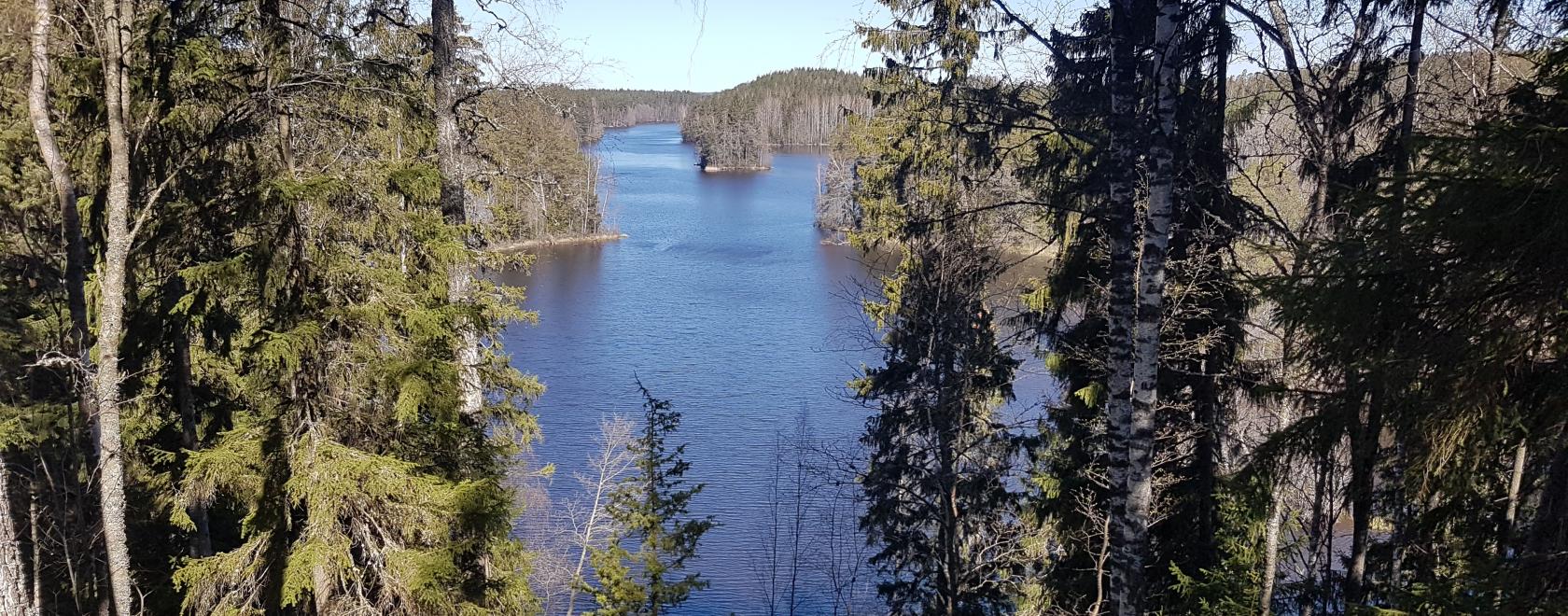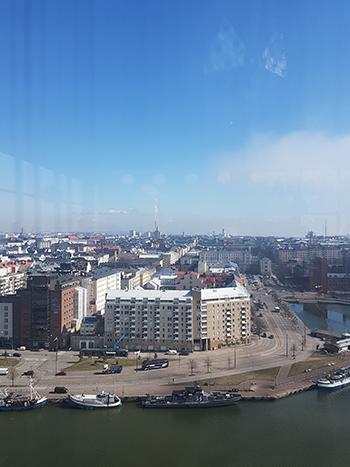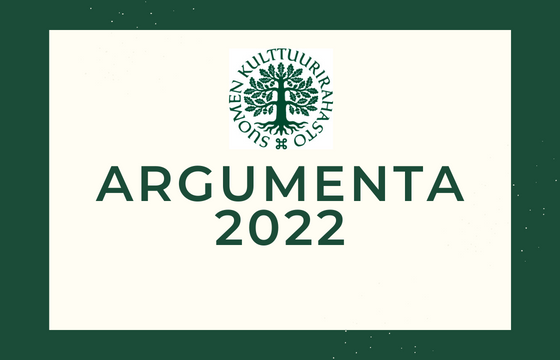
The approach for Argumenta is emphatically cross-disciplinary. Although the same problems are often studied in different disciplines, it may be difficult to find a common language for formulating solutions. The purpose of Argumenta grants is to apply interdisciplinary dialogue to producing new answers and conclusions for challenging issues in society, and to communicate these results to a broader audience than the academic community.
Professor Eeva Furman and the Sustainability Panel Community team from the Finnish Environment Institute (SYKE) received EUR 110,000 for their Six Paths to Sustainability project.
There are many worrying trends in the world: inequality is growing, biodiversity is shrinking, climate change is advancing and waste is accumulating. A conscious and quick paradigm shift is needed: a sustainability revolution.
– For most people, even the term ‘sustainability revolution’ is unfamiliar and off-putting. For people to understand it and be prepared to act accordingly, new methods and ways of talking about it are needed, Furman says. The Six Paths to Sustainability project brings together researchers from various disciplines with ordinary people to verbalise the sustainability revolution.
Next year, the topic will be discussed in libraries and museums all around Finland, with people working together to create pictorial, verbal and aural stories. These will help in shaping a shared understanding of what constitutes sustainable food and energy, how urbanisation and the economy can become sustainable, and what new opportunities there are for well-being.
– A revolutionary turn onto a sustainable path is still possible. We trust that everyone in Finland wants to be involved in building a safe future for us all, Furman explains.
Panu Halme, PhD, and his team from the University of Jyväskylä received EUR 150,000 for their project Towards a Common Understanding on Changes in Sustainability of Forest Use.
There are many players taking part in efforts to determine the sustainability of forestry in public discussion. “Forestry operators and their stakeholders have their own interests, based on which they tend to brand the forest industry as either highly sustainable or completely unsustainable. This causes debates on forestry sustainability to go around in circles. What the situation especially demands is a broader, science-based evaluation and definition of sustainability-related concepts, and improvements to how they can be measured,” says Halme.
The project brings together researchers and stakeholders with an interest in the sustainability of forest use, to discuss what the elements of sustainability are in Finnish forestry. The objective is to identify the elements of sustainability that the various players consider important when measuring and evaluating sustainability. The project will analyse the principles of measuring these various elements, as well as the related challenges; develop indicators for assessing progress in these elements; and generate methods for visualising the conflicts in these elements, as well as their impacts.
Assistant Professor Panu Savolainen and his team at Aalto University received EUR 145,000 for their project Sustainable Construction, Techno-Economic Perspectives and the Value of Architectural Heritage.
The life cycle of the built environment has a significant impact on the fulfilment of targets related to a sustainable, carbon-neutral society. Finland’s building stock is being renewed at an increasing pace, however, and even in city centres younger and younger buildings are being torn down. The topic is regularly brought up in the media.
– The factors affecting the life cycle of buildings are financial, technical, functional and heritage-related, as well as ones of urbanisation, location and ownership patterns. Parallel to these are questions of the society’s values and opinions, politics and economic control. Due to the differences between these fields and methods, each argument is very different. So far, especially in the public domain, discussions have mostly consisted of recognising the problem and bringing it up sporadically, Savolainen explains.
– Currently the demolition of modern buildings is not debated enough between various experts, nor is the debate sufficiently deep or solution-centric. Publicly, discussions are led by a reliance on authorities and heightened emotions. Future opinion leaders – children and young people – are not included in understandable and easily accessible ways, Savolainen says. The purpose of the project is to deepen and increase public debate on the fate of modern buildings, and on the various points of view involved. The aim is to build dialogue between academic disciplines and with the public, and to make this dialogue more understandable for the society and for political decision-makers.
Further information:
Juhana Lassila, Director of Cultural Affairs, Finnish Cultural Foundation, juhana.lassila@skr.fi, +358 9 6128 1230
Professor Eeva Furman, Finnish Environment Institute (SYKE), eeva.furman@ymparisto@fi, +358 29 5251123
Dr Panu Halme, University of Jyväskylä, panu.halme@jyu.fi, +358 40 8054945
Assistant Professor Panu Savolainen, Aalto University, panu.savolainen@aalto.fi, +358 50 475 6727

